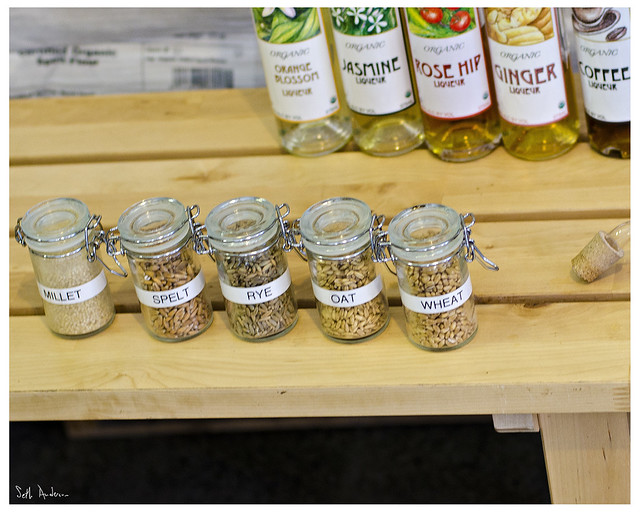David Frum may be an Axis of Evil asshole, but he is right sometimes. In this case, re: the ridiculousness of US ethanol policies.
The Atlantic reports:
The United States is supporting Ukraine with aid and weapons and punishing Russian aggression with financial and economic sanctions. But the United States can do more to resolve the global crisis caused by the Russian invasion of Ukraine: It can end the ethanol program.
For decades, the U.S. government has, at great expense, encouraged farmers to grow more corn so that it can be turned into ethanol, a gasoline additive. Ethanol makers receive all kinds of grants and subsidies. Federal regulations require ethanol to be blended into gasoline, creating a giant industry that would not exist without large subsidies and imperious mandates. America’s largest ethanol company earned annual revenues of $8 billion pre-pandemic. Demand from the ethanol industry, in turn, bids up the price of corn, and the income of those who farm it.
Ethanol has become a Washington joke. John McCain often quipped that he started his day with a glass of ethanol. Who could blame him? The ethanol program is a giveaway so big, so entrenched, and so wasteful that laughter might seem like the best response. But as we laugh, we’re missing that America’s ethanol madness has strengthened Russia’s grip upon the world’s food supply.
(click here to continue reading Ethanol: The Fuel That Powers Putin – The Atlantic.)
America could grow much of the world’s wheat, but we’ve incentivized farmers to grow corn for ethanol instead…



